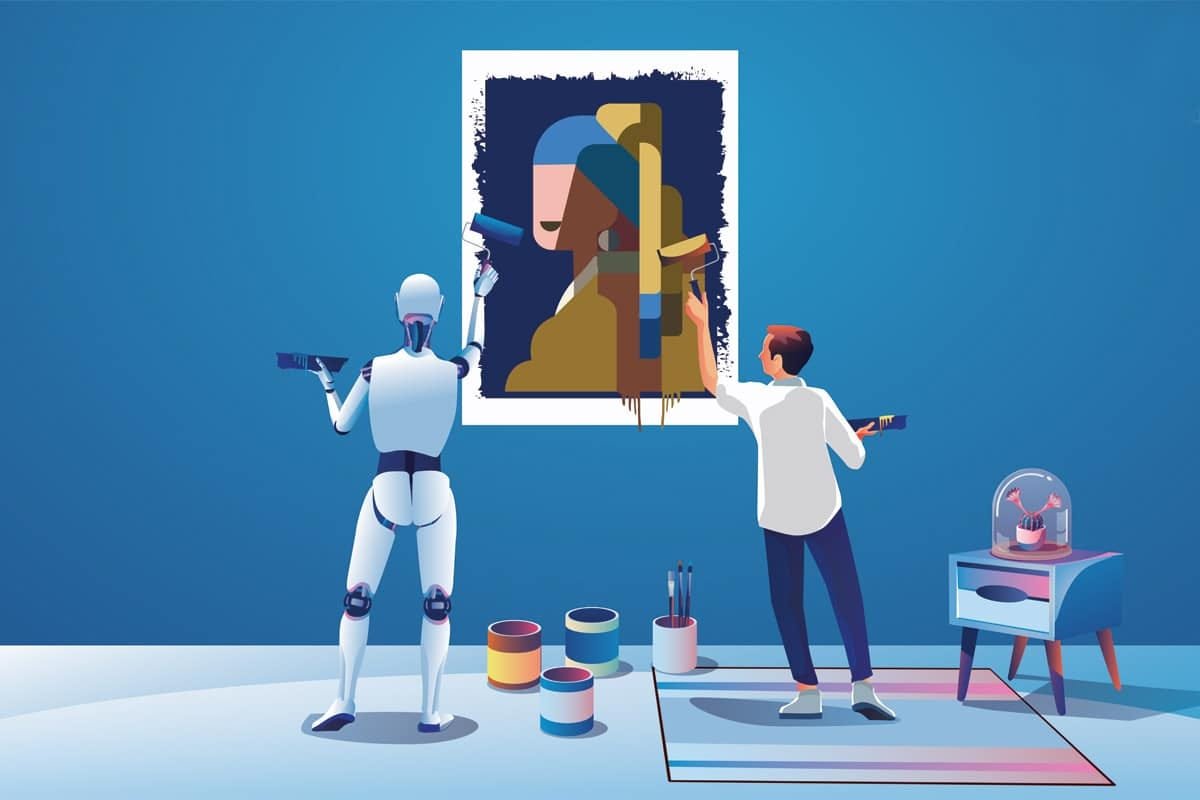The rapid advancement of artificial intelligence (AI) technology, particularly generative AI, has sparked a major debate around the future of intellectual property (IP) rights. As AI systems grow more sophisticated, capable of creating content that rivals human creativity, the foundational principles of copyright law and IP rights are being challenged.
Key Highlights:
- The proliferation of AI has led to numerous copyright cases by content creators.
- Legal battles are underway to address whether AI’s use of copyrighted material for training constitutes infringement.
- Tech companies argue that their use of material qualifies as “fair use.”
- The outcomes of current lawsuits could set significant precedents for AI and IP law.

The Heart of the Matter
The core issue revolves around AI’s capability to generate new content by training on existing copyrighted materials. This has resulted in copyright claims from a diverse group of content creators, including writers, artists, and photographers, who argue that their work is being used without permission or compensation. On the other side, tech companies defend their practices by likening AI’s learning process to human learning, asserting that this falls under “fair use”.
Legal Battles and Their Implications
Several high-profile lawsuits are putting these issues to the test. Authors such as John Grisham and George R.R. Martin, along with entities like Getty Images and the New York Times, have filed suits against major tech companies for using their work to train AI systems. These cases not only seek monetary damages but also aim to establish clearer rules around the use of copyrighted material for AI training.
AI and IP: A Double-Edged Sword
While AI poses threats to traditional IP rights by potentially infringing on copyrights, it also offers opportunities for enforcing those rights more effectively. AI can be used to identify and combat copyright infringement online, showcasing its potential as a tool for protecting IP in the digital age.
A Future Shaped by Negotiation
The tension between advancing AI technology and protecting IP rights suggests that future negotiations will be crucial. The specific provisions of IP law will provide the background against which creators and tech companies negotiate the use of copyrighted materials for AI training. Some creators demand fair compensation for their work, while others are open to freely sharing their creations for the advancement of technology.
Conclusion
The intersection of AI and IP rights is at a critical juncture. As we await the outcomes of ongoing legal battles, it’s clear that the discussions and decisions made today will significantly shape the future of creativity, innovation, and ownership. Balancing the benefits of AI with the rights of creators is essential for fostering an environment where both technology and art can thrive.


















